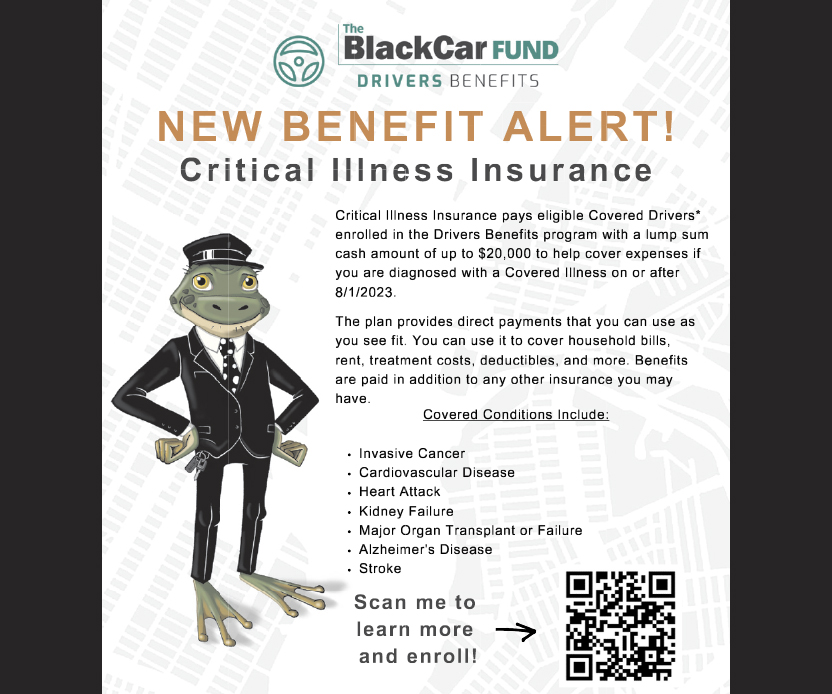
Sideways shot of busy man sits on wooden bench outdoor at station, waits for transport, uses modern laptop, connected to high speed internet, wears medical mask to prevent coronavirus spreading
Although the country has begun the process of opening up again, there are still many variables travelers will be considering before they book future trips – ones that may require a more in-depth assessment of their safety, which could depend on differences between states, cities and countries that may require travelers to quarantine for 14 days.
While travelers should personally prepare while most travel is still on hold, there are also ways businesses can get ready for when things open up again. By doing the following, you can prepare for what’s ahead:
Travel insurance. The past few months have seen several significant changes in cancellation policies across various companies in the tourism industry. We’ve also seen some airlines shutter because of the pandemic and travel bans implemented as the pandemic spread. Because of these changes, many companies may have been surprised to learn what was covered in travel insurance policies.
This may be an excellent time to check what insurance policies your company has purchased in the past. Did they serve your company well? You may need to shop for more extensive coverage, especially as business travel begins to open up.
If you’re a small company, consider getting a business credit card specifically for travel that will have insurance protection. If you’re a larger company, you may be able to get employee credit cards free of charge. This way, you’ll be able to keep track of individual employee expenses.
Review travel policies. In addition to checking insurance policies, review your general travel policies. Do you have a point of contact specifically to help in travel situations? They may involve natural disasters, geopolitical turmoil, or other factors aside from coronavirus. There should be someone designated to help at all times in case of a travel emergency.
With future travel disruptions being likely, it is wise to have a support system in place. Consider implementing apps that can share travel itineraries.
Check the status of travel vouchers and refunds. Your company may have been given vouchers or refunds for cancellations due to COVID-19. While there are many uncertainties regarding business travel, you can still use this time to figure out what is the best use for those funds. You may want to double-check that those funds won’t be expiring soon. You may also be able to book travel at a better price.
Talk to your employees. This is also a good time to talk to your employees about business travel. They might have some suggestions that would help support them in the future or if they have any concerns about traveling again. You may want to do this via an anonymous survey and encourage them to leave feedback.
These past few months have been challenging for many people. Consider whether they feel comfortable traveling again and offer private discussion before making them commit to travel. It is also a good idea to encourage them to practice self-care, including care for their mental health. Employees who travel for business should have a system of support. This is especially important now as the country begins to open up. Travel may feel overwhelming and may cause anxiety for people, especially with so many new changes and guidelines.
Another factor to consider is if an employee can afford to self-quarantine, if necessary. Do they care for young children or elderly parents? Additionally, can the company offer any extra perks, like TSA PreCheck or access to airport lounges?
Many industries are going to change, and the travel industry is no exception. Communication with your employees can help you better manage any concerns they might have. Because travel is likely going to look different from one destination to another, getting feedback and providing support can help make the adjustment much more manageable.
Source: Inc.





